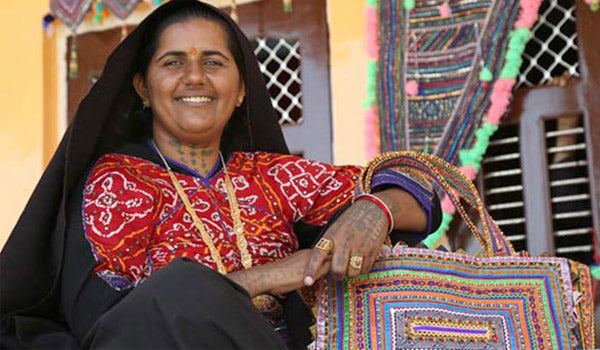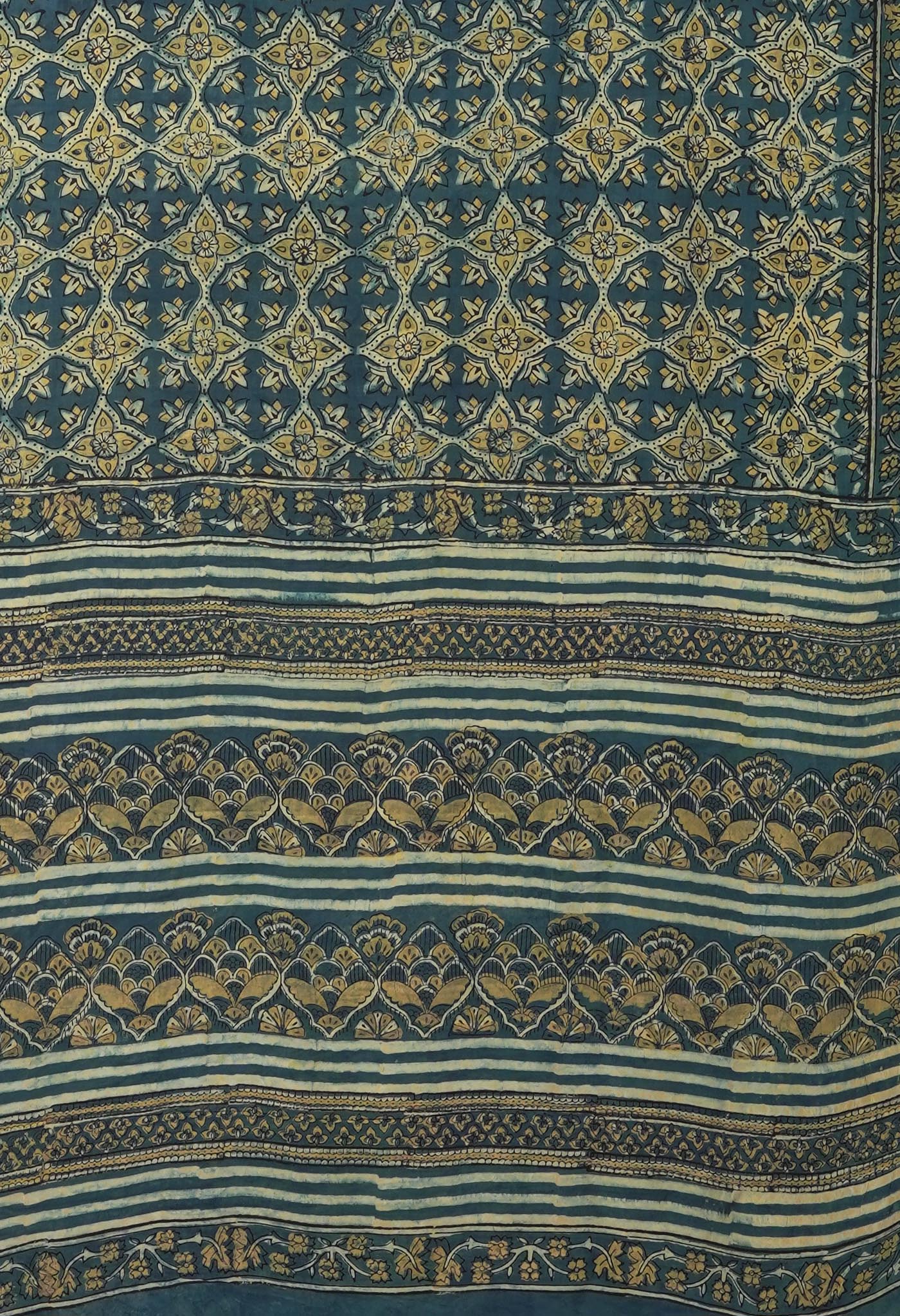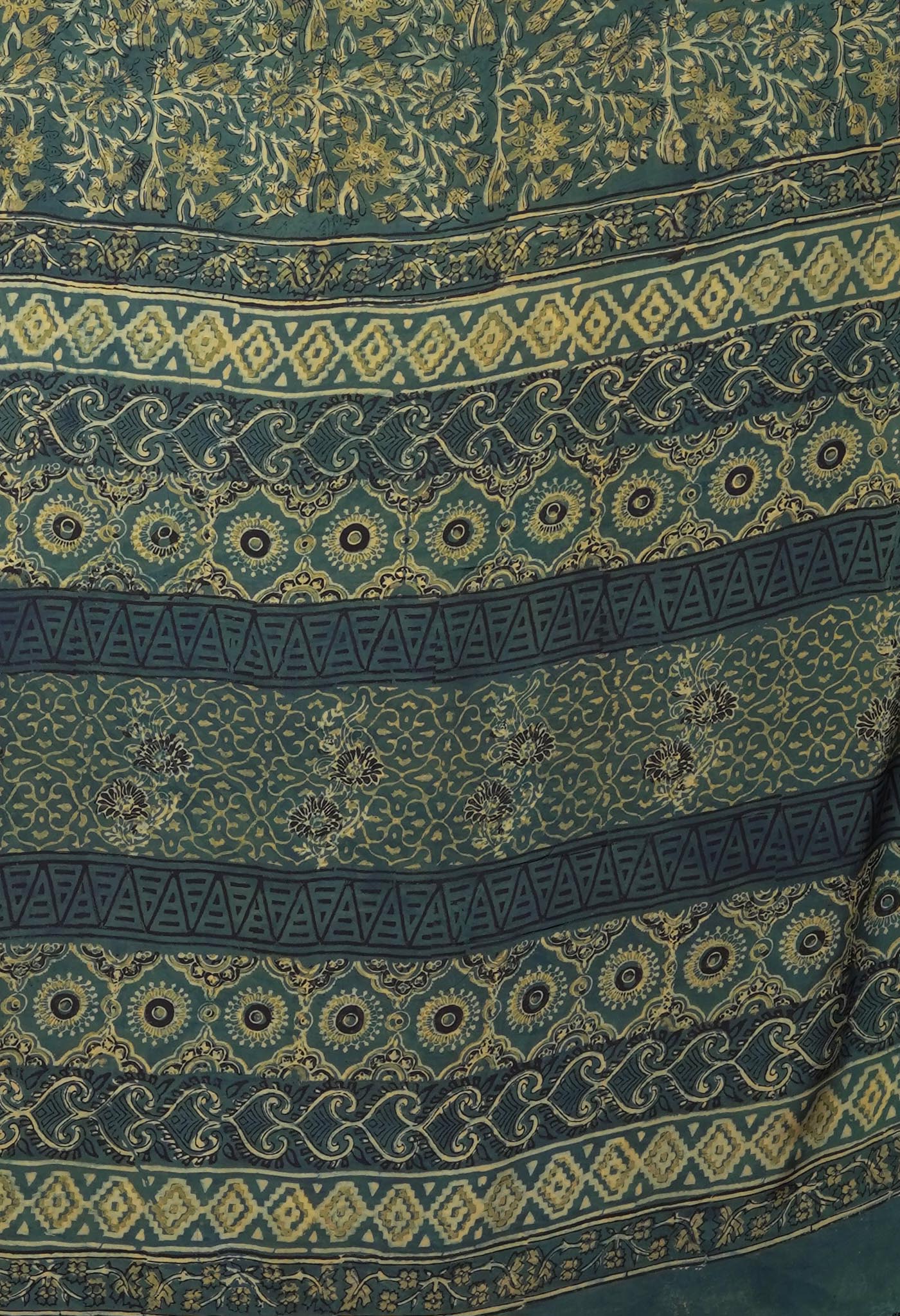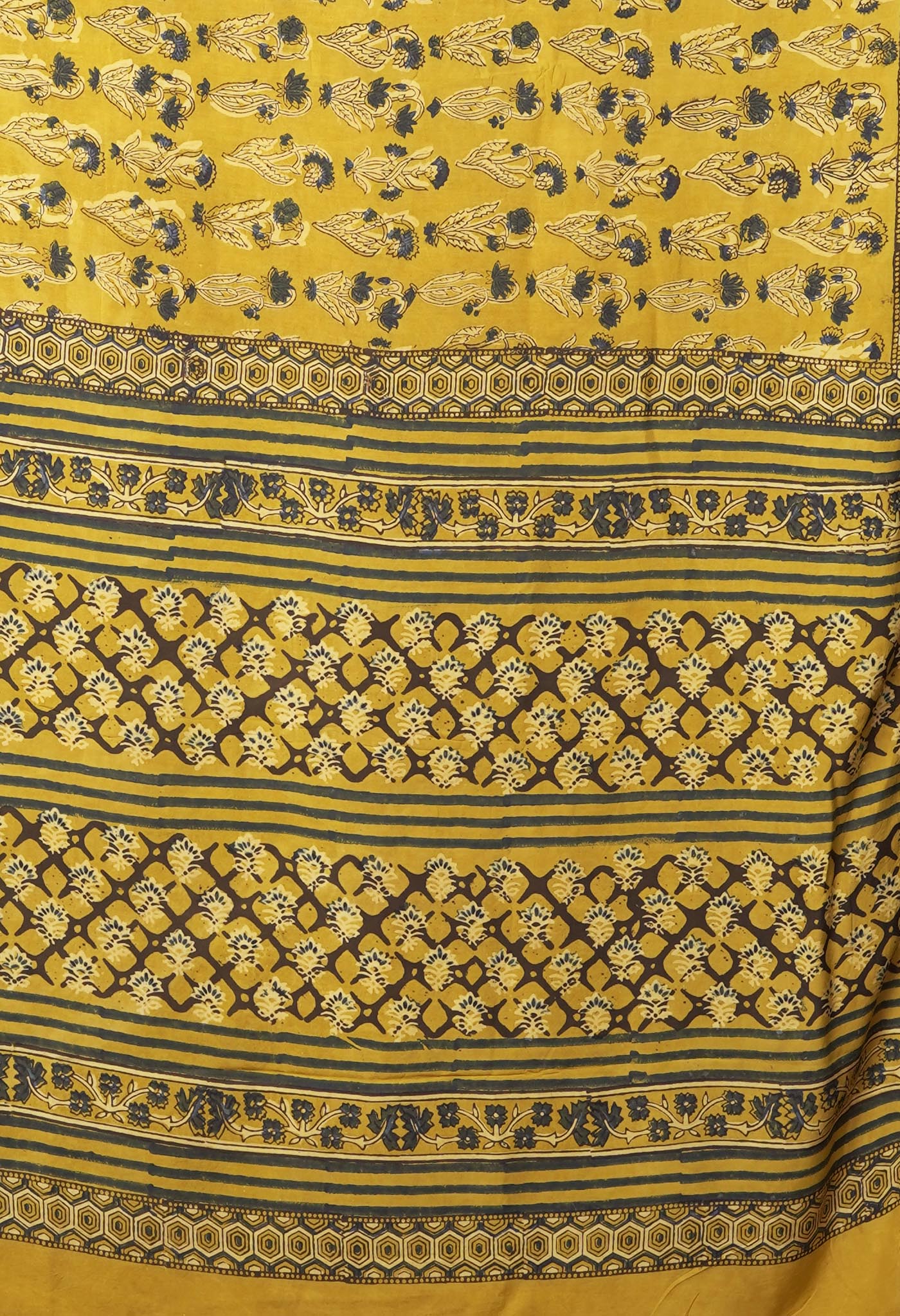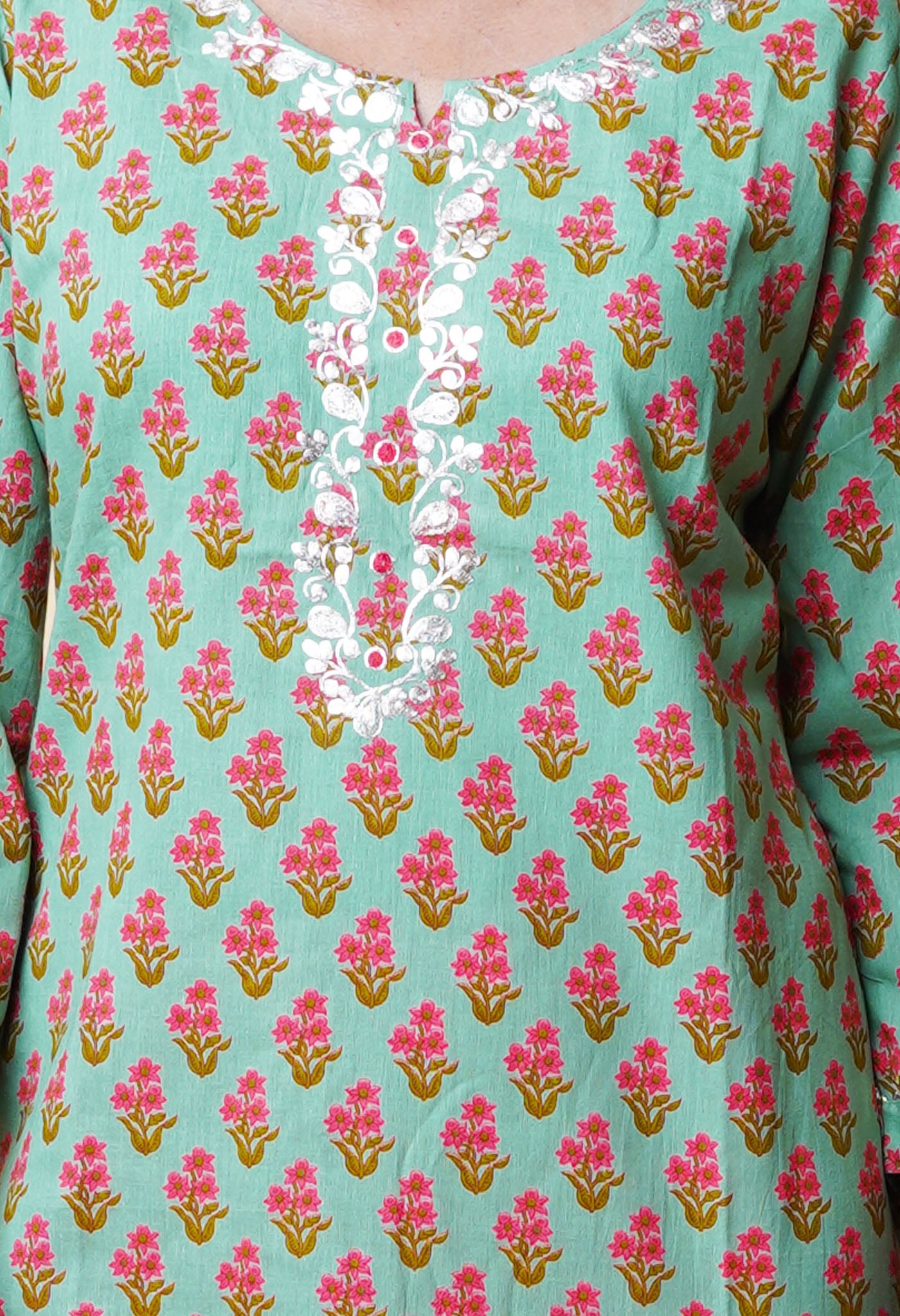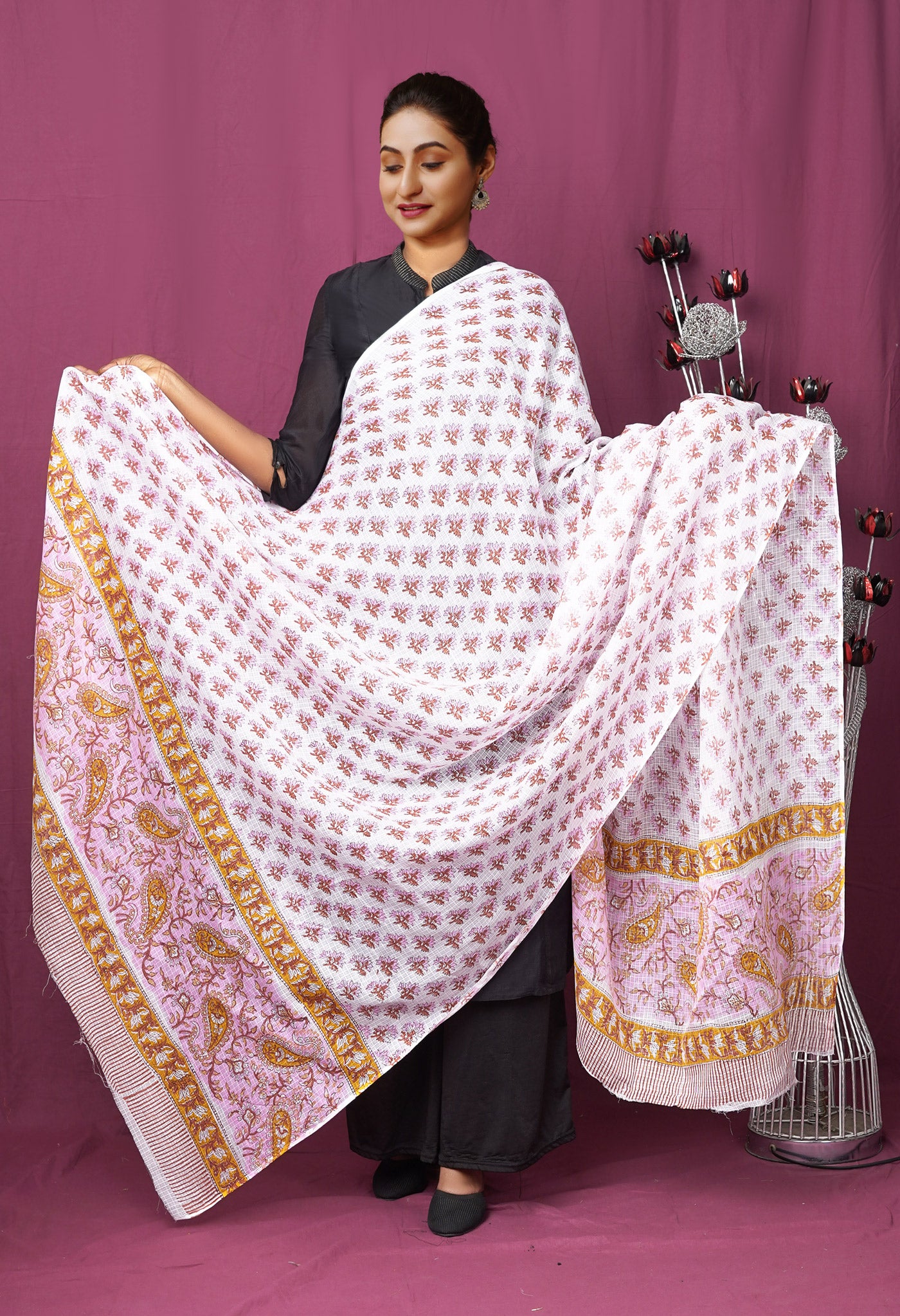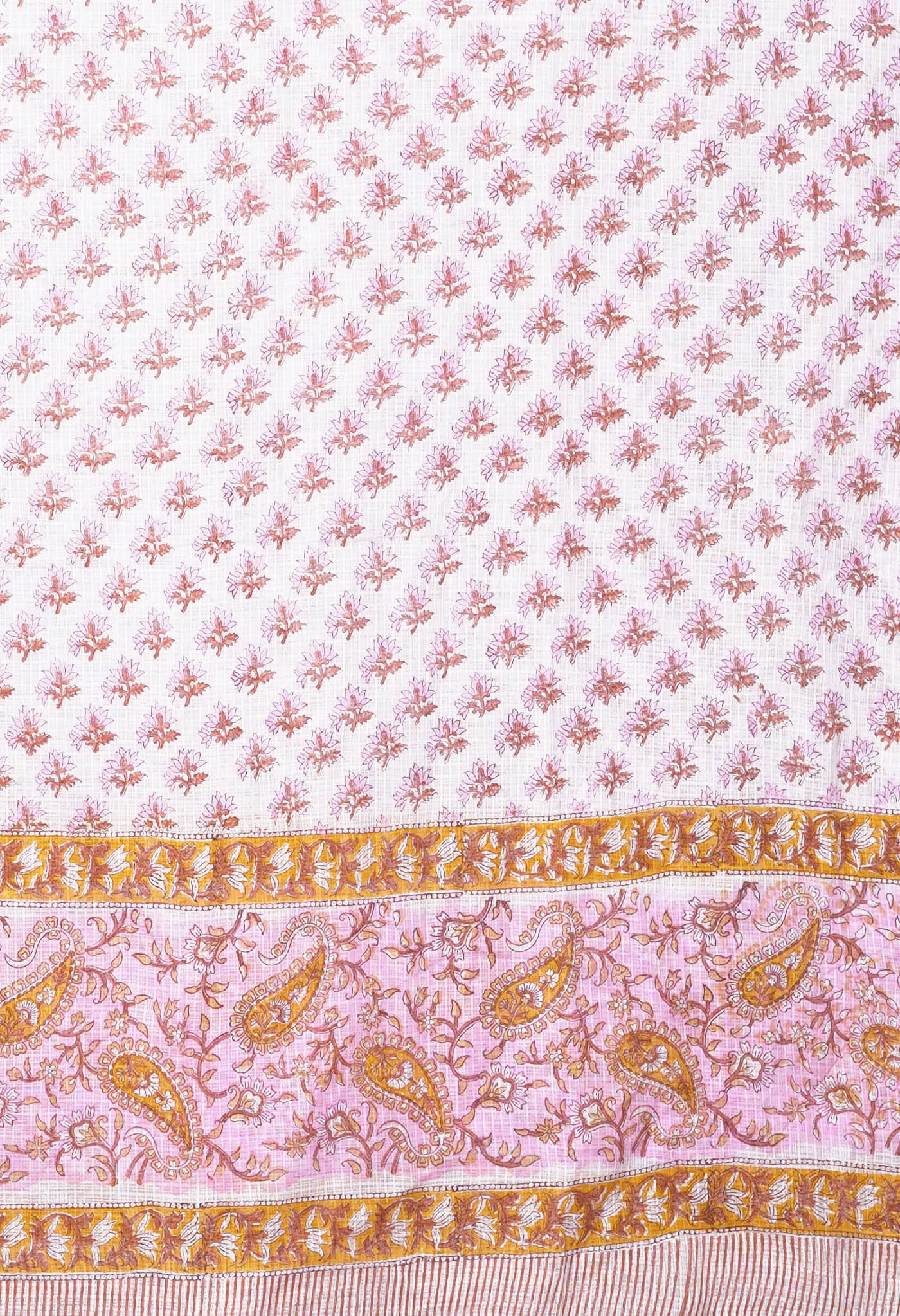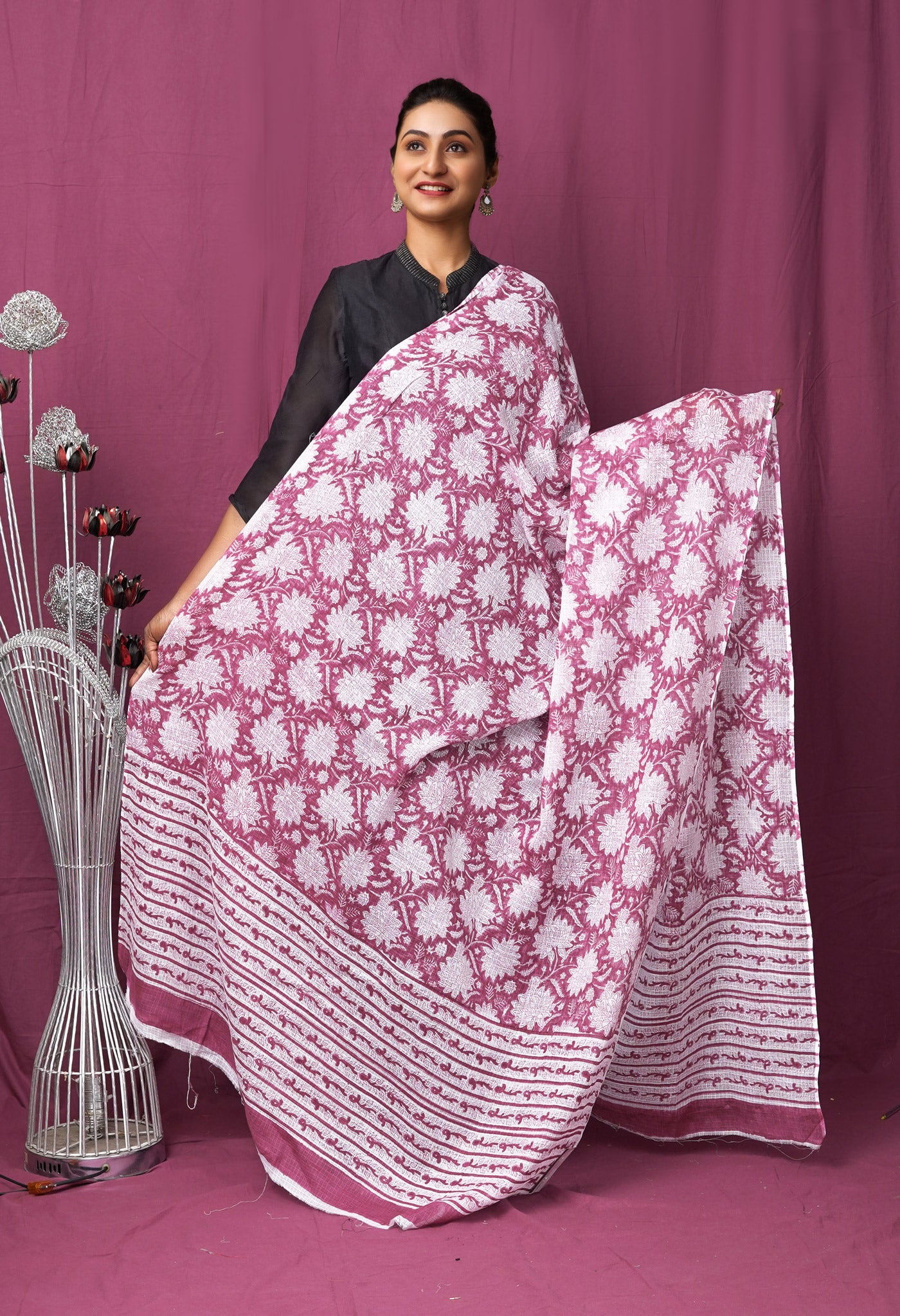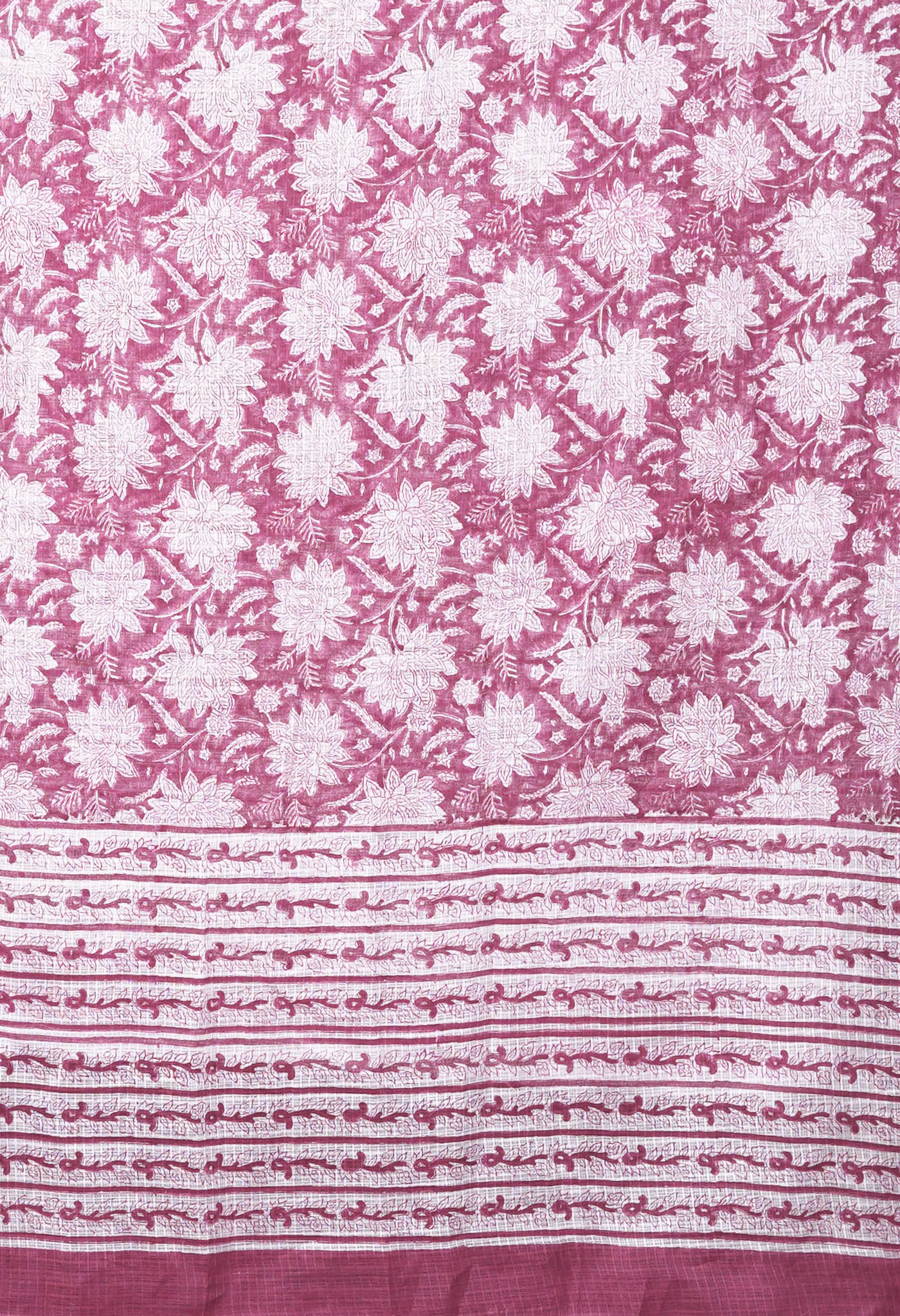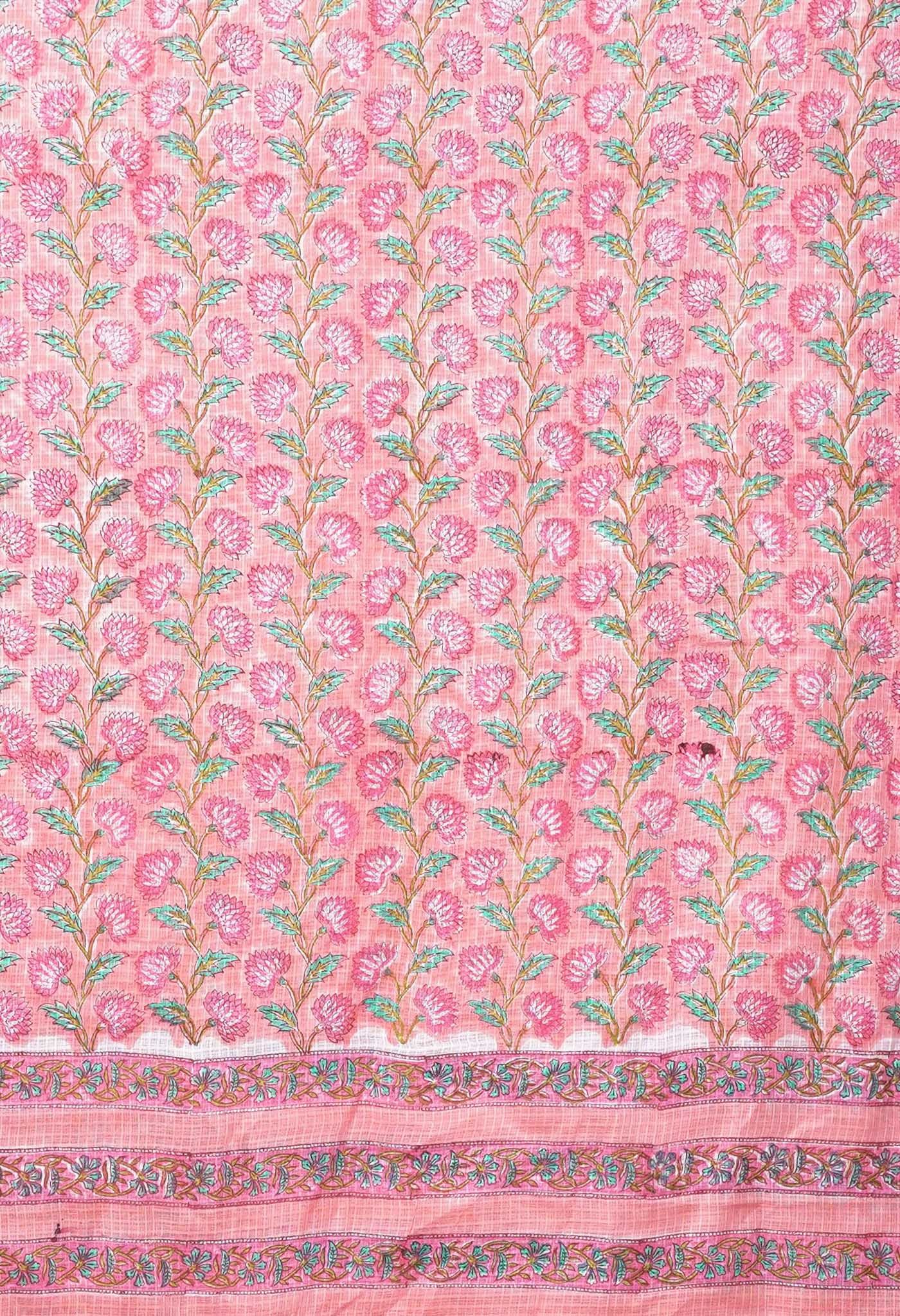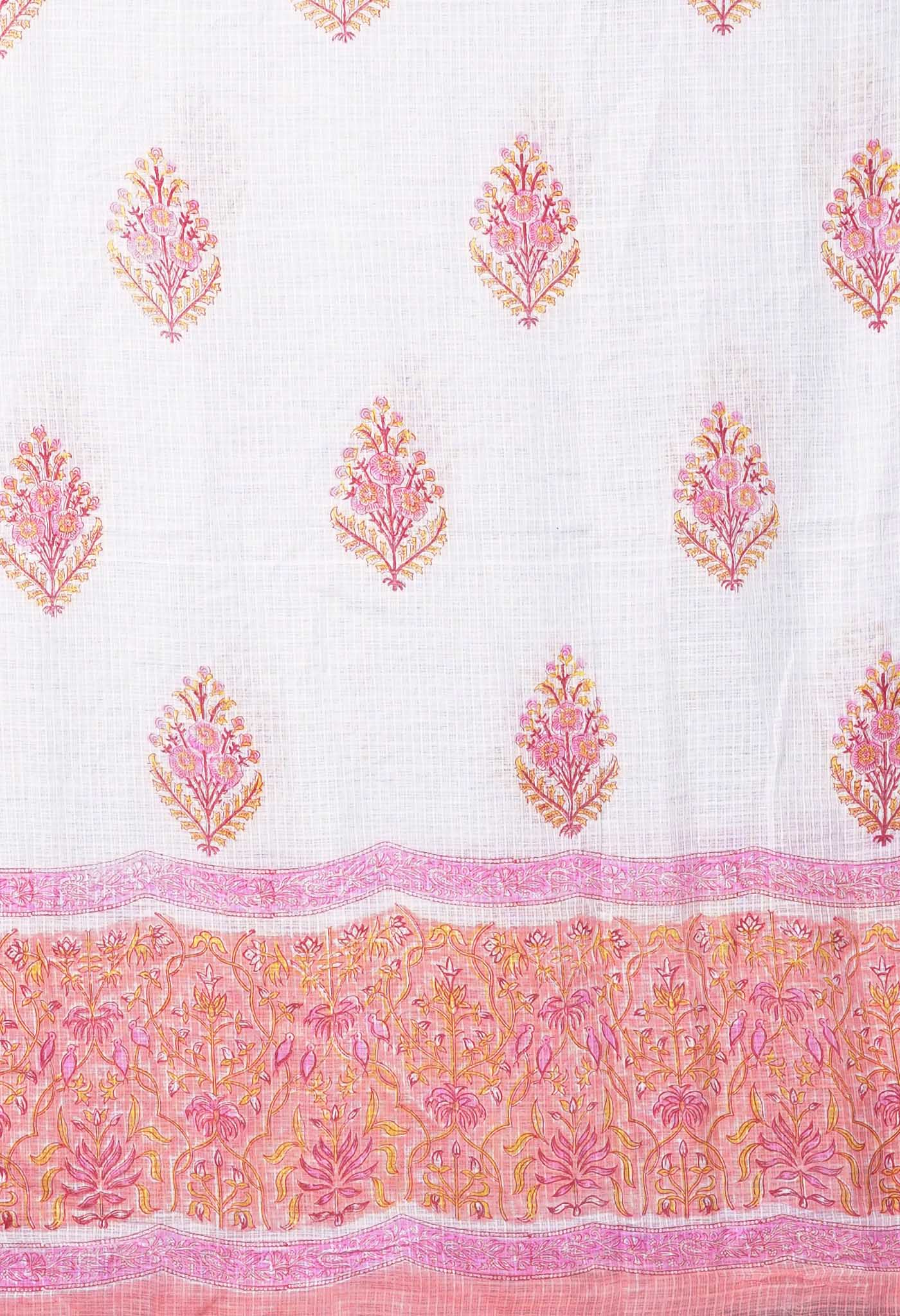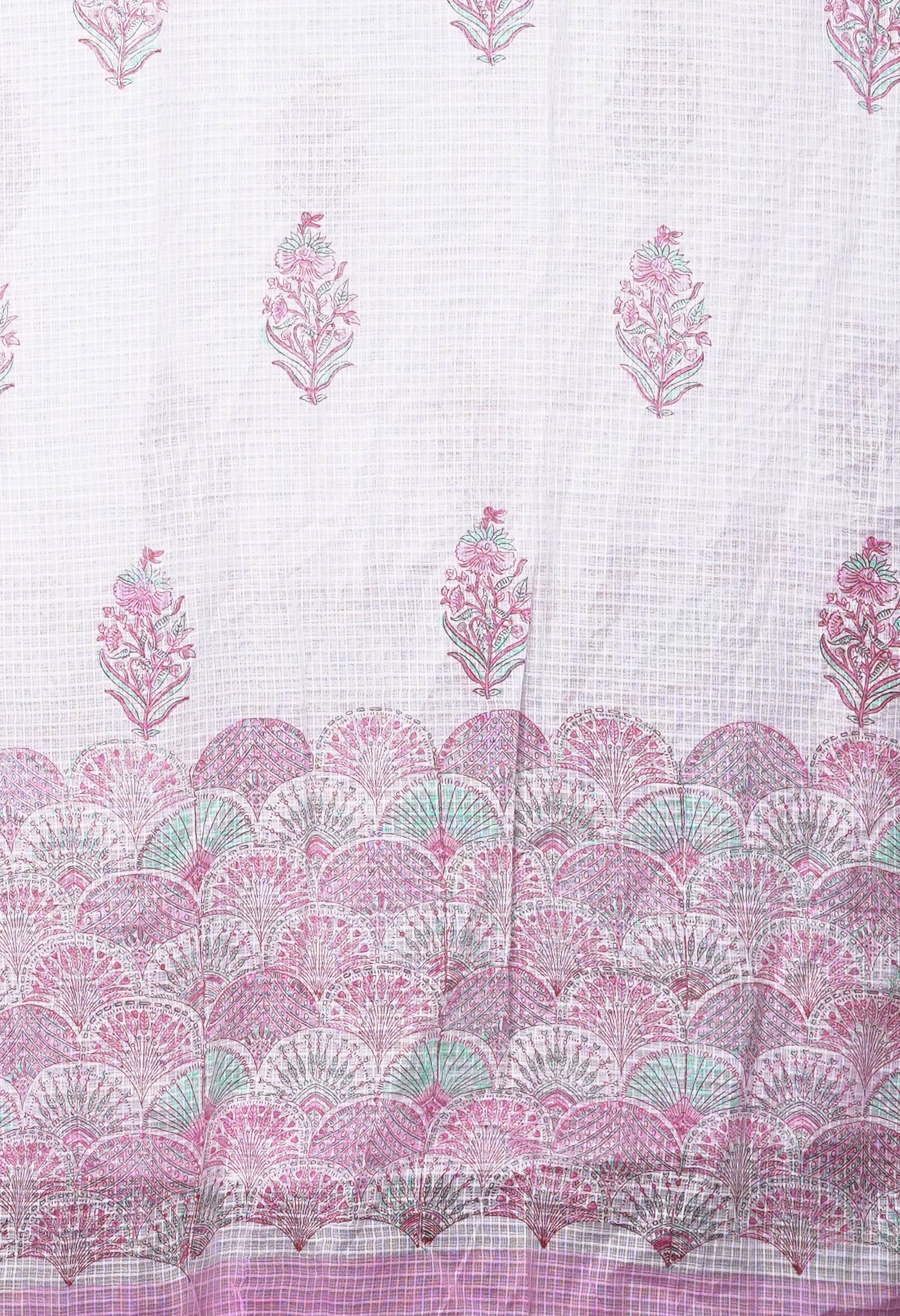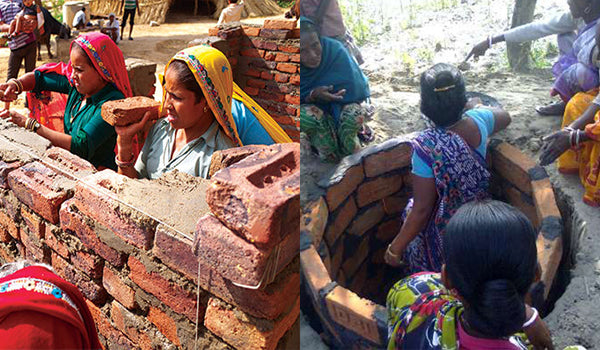
Read how Women in North East are Transforming Villages. How? Well by Single Handedly Constructing Toilets :)
A man does what he can; a woman does what a man cannot —Isabel Allende
Trust a woman to most times find a way in areas unexplored. What follows shows how true this statement can be.
In order to accelerate the efforts to achieve universal sanitation coverage and to put focus on sanitation, the Prime Minister of India, Shri Narendra Modi, launched the Swachh Bharat Mission on 2nd October, 2014, as a fitting tribute to Mahatma Gandhi on his 150th birth anniversary. The Prime Minister as always set the tempo for the Mission to produce substantial results in what appears as a momentous task in patience and perseverance given the Indian psyche.

For close to two years Noor Nehar Begum who hails from the Bengali-speaking Muslim migrant community from BhulukabariPathar village in Assam’s Barpeta district, has been working as a mason, constructing toilets. Not only has she improved her life but also improved that of her lot by her financial earnings. In that manner she has become not only counted in her village, but in fact respected for her courage and drive. She and many others like her have highlighted the fact that women do not hesitate to enter men’s bastions when the need arises and an opportunity presents itself.

Noor Nehar Begum is one among scores like her working as masons constructing toilets. The initial lot when it started was 10 which increased to 22 and within no time, the number of female masons in Barpeta snowballed to 322. Women from Assamese, Bengali, Hindu and Bodo communities have gotten together and indulged in this activity which has resulted in camaraderie, a common understanding of the problem that rural women in India face, unity and female empowerment. There is also the good fortune of social mingling and getting to learn languages.
The ArpanaAdhikary Initiative
ArpanaAdhikary, the district water/sanitation consultant, conceptualised the idea of roping in female masons for the task at hand. She says, “The entire concept began in 2014 when the Swacch Bharat Mission was introduced. We came to realize that male masons were not enthusiastic about doing quality work. I decided to rope in female wage earners as masons. Training was imparted to them, and soon they embarked on their mission”.

Despite the male chauvinism and traditional social barriers that seemed as roadblocks in the beginning, they took it in their stride for the bigger cause - becoming financially independent and improving their lives. They became literate through the basic training they received, improved themselves, and now they are a force to reckon with. They have reached a stage where they plan, design the construction, execute the order and handle bank cheques themselves.
“They are in demand for their expertise in masonry. They are much better than their male counterparts. They know intricate details, and their approach and perception towards building toilets is positive as they craft ideas which they implement,” added Adhikary.

How it all started
DakhinPachimBedbari is a village under a Gaon Panchayat. It has a team of female masons trained and performing in the task of constructing toilets. In fact they have already constructed hundreds of toilets.
Last December about 100 plus women from the low-lying minority dominated Jalkara village of Barpeta District already concerned about the pathetic conditions of their village and wanting to improve their situation sought the help of the team of DakhinPachimBedbari and learn how to construct toilets.Coming under the Paschim Paka Gaon Panchayat, Jalkara village remains inundated for most of the year. In fact till December 2017, there were only 17 households of 370 that had pucca toilets.

“It all started when some of the women from Jalkara came to our gaon panchayat. They met some of the female masons here and the word about their work spread. Jalkara is dry for three months and inundated for the rest of the year. It is so remote and low-lying that NGOs prefer to stay away from it,” said Adhikary.
“In Jalkara, most of the men work outside the state as labourers. Open defecation is widely prevalent. During floods, sanitation is nil. Villagers here use kuchha toilets or resort to open defecation,” explains Adhikary.
The determined women for the benefit of their own village learnt the techniques, divided themselves into four self-help groups and dedicated themselves to constructing the toilets.In the process not only did they benefit themselves and their village but also spread the awareness of cleanliness in the region. Interestingly they made use of technology to make their work even more precise.

A relieved Noor Nehar Begum when asked said, “After the construction of toilets, I have seen that stomach-related ailments have dropped in my village. As a mother and a wife, I now feel relieved,” shares Begum.
The message spreads
Close-by DhakuaGaonwomen also got interested, following which a two-day training programme was held for all those interested in learning pit digging and the manner in which to construct toilets. “I was surprised to see how the women in that village began to develop these skills in a short span of time. Training was given under the leadership of a master mason. Training was held from March 25 to 27. Since then, with the help of experienced masons, the female masons from Dhakua village have built close to 30 toilets,” notes Adhikary.

What is the most positive take on this?
Under the Swachh Bharat Mission the government shells out Rs 12,000 for building a single pucca toilet unit. The female masons in a similar effort managed to save Rs 18,36,000 by motivating 153 households in Balarvitha to spend a portion of their income in building toilets instead of depending on the government.
Statistics from the District Water Sanitation Department show that these female masons work across 11 villages in the district spread over five gaon panchayats, their effort – 1423 toilets. Besides construction of the toilets they engaged in cleanliness programmes, oriented school children about the benefits of school cleanliness and personal hygiene and even got the plantation of trees done.
 But the biggest lesson from this is that women being more quality conscious compared to men and with their diligence and dedication to a task they have taken up, they have revolutionized the thinking of society as a whole towards cleanliness, hygiene and a better way of life. Not to mention the lakhs of rupees they have saved the public exchequer through their motivating of rural households to invest a little of their income in getting the toilets constructed for themselves.
But the biggest lesson from this is that women being more quality conscious compared to men and with their diligence and dedication to a task they have taken up, they have revolutionized the thinking of society as a whole towards cleanliness, hygiene and a better way of life. Not to mention the lakhs of rupees they have saved the public exchequer through their motivating of rural households to invest a little of their income in getting the toilets constructed for themselves.
Hats Off to these women, a salute for their courage and conviction. After all what we men folk now think of women as – She’s Different!

